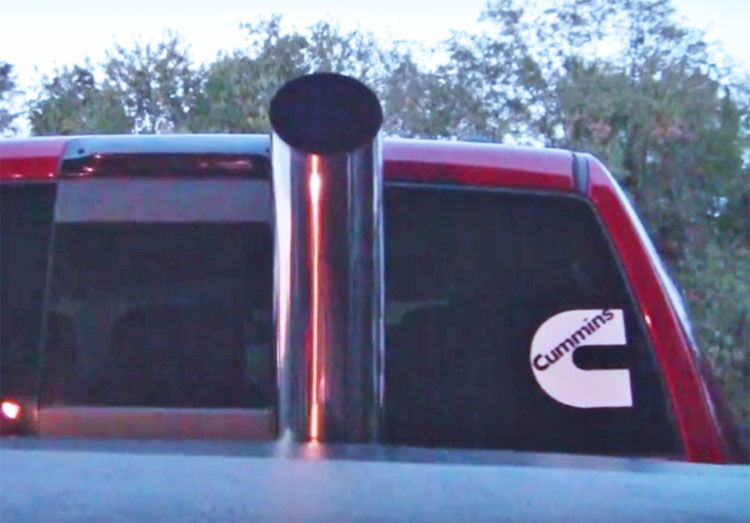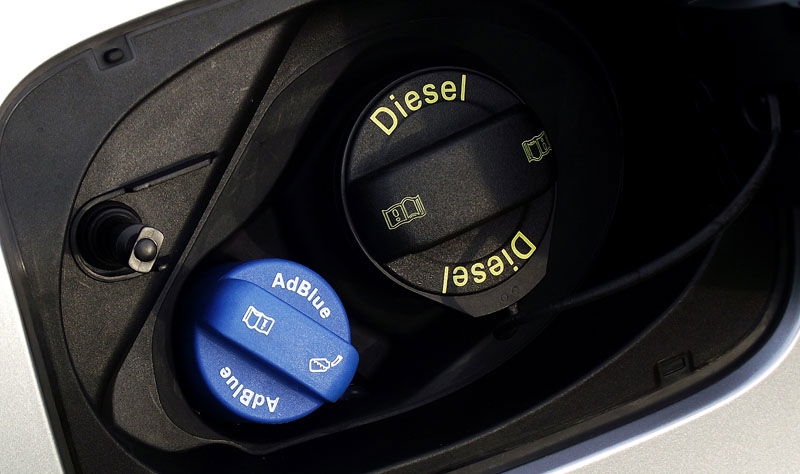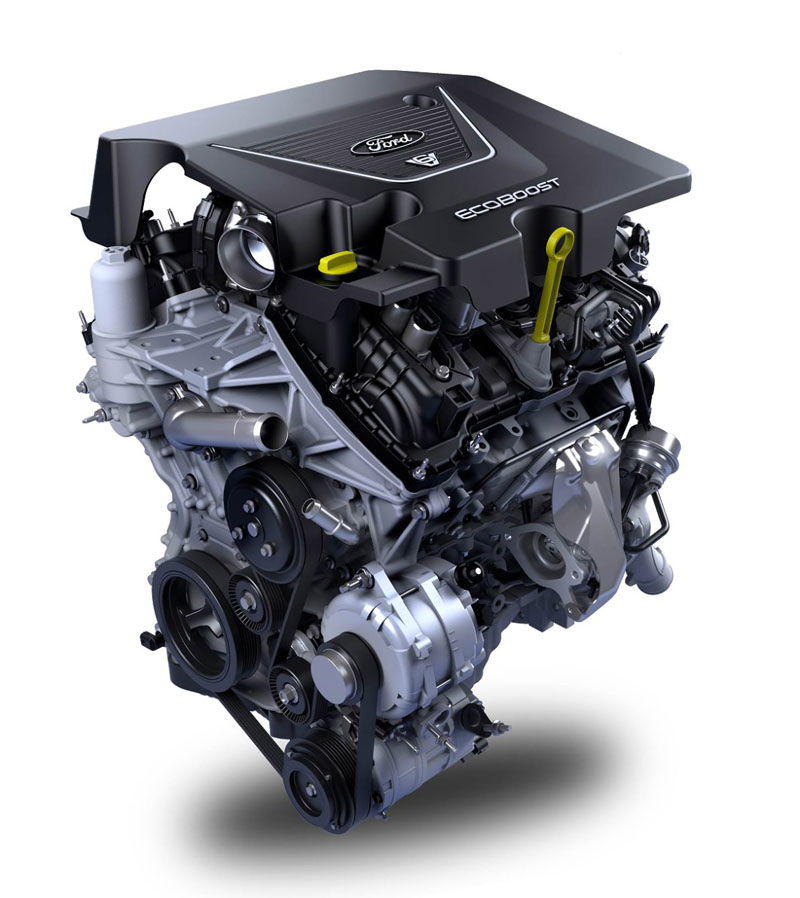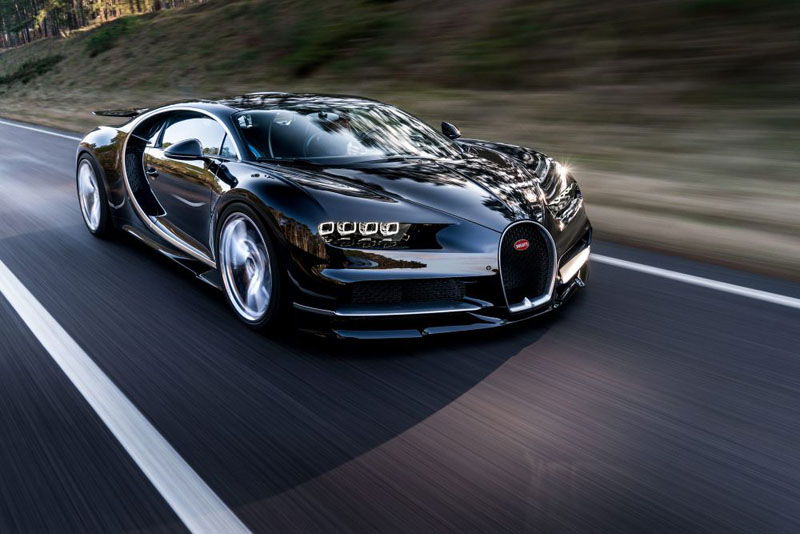5 Reasons Why It’s Time For Diesel Cars To Die

Diesel fans, your days are numbered.
Apologies if that sounds a bit harsh. It’s not that I hate diesels. Actually, I do hate diesels, but not in a rage-inducing you-just-opened-your-door-into-my-fender way. It’s more like the oddball uncle you tolerate at family gatherings, the one who acts like a total douche but doesn’t realise he’s a douche, so you hate him, but at the same time you can’t really blame him. That’s how I feel about diesels, at least in passenger cars and pickups outfitted with stupid chrome stacks or ridiculously oversized exhaust tips. They are what they are, through no fault of their own. I’d be very happy if they just went away forever.

And that could well be happening soon. Paris, Madrid, Athens and Mexico City have taken steps to ban diesel cars and trucks by 2025. There’s growing pressure for London to follow suit. Germany wants to ban diesel and petrol car sales by 2030, as does Norway. Banning internal combustion cars will be all but impossible until electric and hydrogen power are better sorted, but with sights leveled against fossil fuel power, dirtier diesel is the one wearing the biggest bullseye.
I can hear diesel fans hashing away at their keyboards even as I hash away at mine. Fuel economy! Torque! Longevity! All valid points . . . if it was 1997. Diesel’s advantages are quickly disappearing in the face of advancing technology; if you don’t believe that, just Google dieselgate to understand just how bad things are. Or, you can ponder these five points as to why I think diesel is on death’s doorstep.
There isn’t any other way to say it - diesel is a dirty fuel to burn. The only way it’s still viable is through the use of increasingly complex technologies to capture soot and reduce NOx, and even then it doesn’t work unless you sacrifice performance or fuel economy - a fact that Volkswagen has so dramatically shown the world with its “clean diesel” technology.
2. It’s complicated

Perhaps new technologies can make diesel cleaner to burn, or better capture those emissions. Perhaps we can add more pee (sorry, diesel exhaust fluid) tanks to the car to make the pee (sorry again, AdBlue fluid) last longer. Perhaps we can add more filters and exhaust devices, in turn adding weight, complexity and expense. But what is the ultimate goal here again? To have a car that equals petrol engines on emissions and performance and matches hybrids for fuel mileage? I’m failing to see the diesel benefit here.
If anyone’s ever witnessed a runaway diesel engine firsthand, you’ll never forget it. Yes, this is a fairly rare occurrence and many manufacturers claim to have safeguards against this, but that didn’t help this Peugeot. Nor the new Silverado pickup truck, BMW, Ford, or any number of the cars featured in runaway videos on YouTube.
4. Petrol engines have gotten better

Once upon a time, the big advantages to diesel over petrol were fuel economy and longevity. 250,000 miles is easily achieved in modern petrol engines with basic maintenance, and there are all kinds of new petrol hatchbacks on the market with amusing turbo performance and fuel mileage ratings exceeding 40mpg on the highway. I will readily admit that diesel engines still hold an advantage in both areas, but the gap to second-place petrol is much closer. Is that advantage enough to justify diesel’s drawbacks? That’s for individuals to decide, but I think a majority of motorists will say no.
There’s nothing diesel can do that electric motors can’t do a gazillion times better. Low end power? Electric gives you max torque right off the bat, and it can hustle a Tesla four-door sedan to through the quarter-mile in under 11 seconds; quicker than virtually every ultra-exotic hypercar in existence. It doesn’t burn fuel so there are no emissions to worry about. Electric motors are very simple with just a few moving parts so lower maintenance and longevity are virtually assured. The only issue - for now anyway - is improving battery power and range. But viable electric cars are evolving like crazy, and I suspect we’ll see electric cars with 1000-mile ranges in the next 5-10 years.
With that in mind, why on earth would manufacturers continue to invest in diesel power - utilising a dirty fuel that will require increasingly complex solutions just to maintain average performance at best - when electric and fuel cell development will lead to significant improvements on all fronts? Diesel still has a place with larger commercial vehicles, where the gap back to petrol and the jump forward to electric is still a fairly large one. But for passenger cars and light trucks, better petrol engines and far better alternative power solutions mean diesel will finally get the merciful death it deserves.

Comments
I usually enjoy your articles, however, this one I cannot agree with. Many of your statements seem contradictory to me. Who doesn’t want a vehicle with the power of a higher end gas engine with the fuel economy of the much slower hybrid? Also whatdra backs are there? Filling DEF is not difficult at all and can easily be considered regular maintenance
Well, bye Car Throttle. I would say it’s been fun, but really you’re just a bunch of stancy douches and offer literally zero to the automotive landscape. Seriously zero since almost all of your best content is user submitted.
Where you can see that diesel is dying is the fact that French manufacturers, the kings of diesel since the late 60s, are now almost only doing ad campaigns about petrol cars.
Renault even went so far as saying that the next Clio won’t be offered with any diesel engines, because by then making diesel engines for the family compact segment will be too expensive to keep the cars affordable.
Compacts are already almost only offered with petrol engines for that very reason.
Christopher Smith but i thought you said diesel trucks are awesome haha
https://www.carthrottle.com/post/5-reasons-to-build-a-bonkers-turbo-diesel-pickup/
Are you stupid?
For passenger cars (and for normal drivers) diesel cars are MUCH better (more torque, less fuel consumption). Yeah, the DPF/FAPs can become clogged, but only if you drive slow (city) and for short periods.
Diesel does not exist in cars North America beyond the now re-called Passat TDI’s(and other VW diesels of course.)
Only heavy duty trucks run diesel. Half ton trucks and up, and thank god for that.
id like to see an electric car haul 3 jeeps across country.
I have zero respect for Christopher now. Electric motors are good for nothing unless it has a constant power supply and used in situations with little movement. You think your next day shipping is going to be anything other than probably 20x more expensive? Until they come up with a battery that can run 13 hour days in city traffic, electric motors will NEVER replace a diesel. And diesels with regular maintenance can hit a million miles, that’s four petrol cars you’d have to buy you telling me it’s cheaper to buy four cars than a few fixes on a diesel? I will let you know right now that I’m not an expert of diesels, petrol/gas, or electric motors. But this was not thought out.
Diesel is best for trucks and off road vehicles. They have good torque like electric motors, but are actually reliable, and easy-ish to fix if something breaks
Pagination